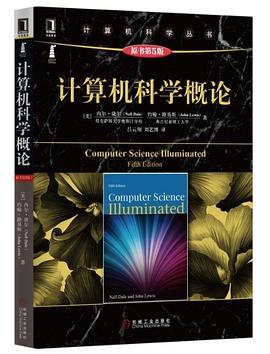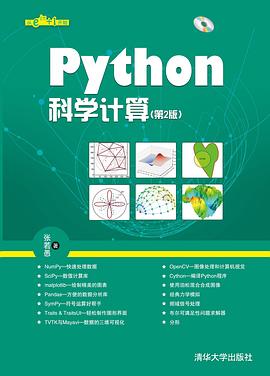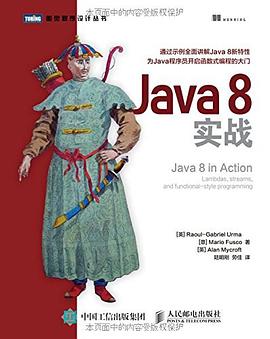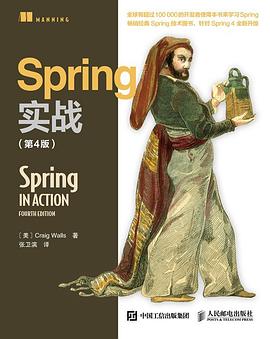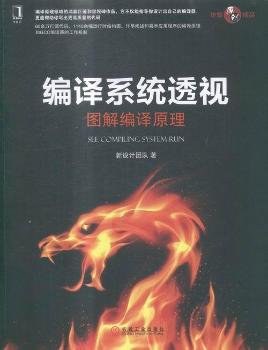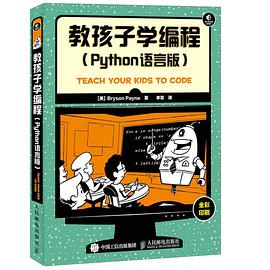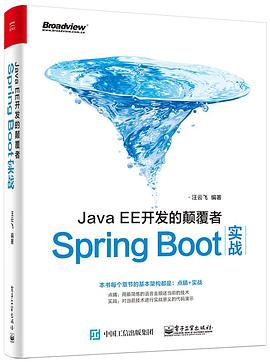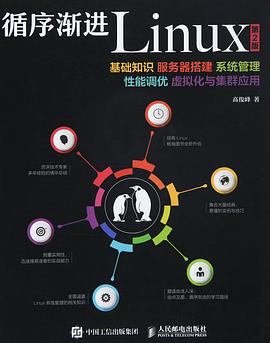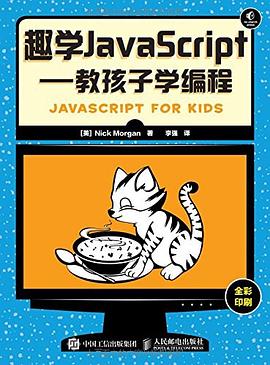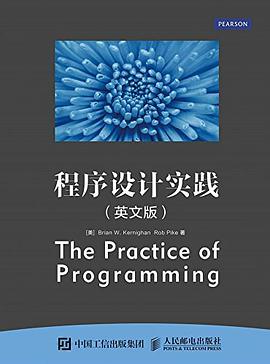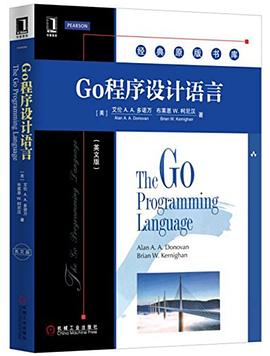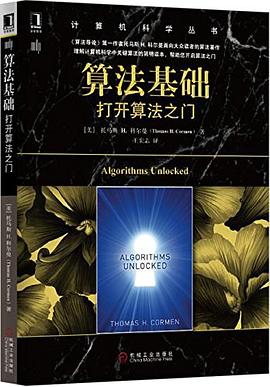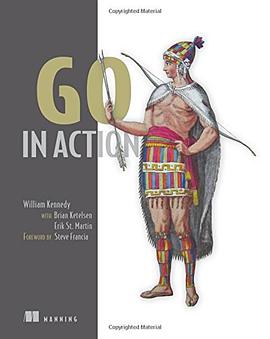

具體描述
Martin Odersky is the creator of the Scala language. He is a professor at EPFL in Lausanne, Switzerland, and a founder of Typesafe, Inc. He works on programming languages and systems, more specifically on the topic of how to combine object-oriented and functional programming. Since 2001 he has concentrated on designing, implementing, and refining Scala. Previously, he has influenced the development of Java as a co-designer of Java generics and as the original author of the current javac reference compiler. He is a fellow of the ACM.
Lex Spoon is a software engineer at Semmle, Ltd. He worked on Scala for two years as a post-doc at EPFL. He has a Ph.D. from Georgia Tech, where he worked on static analysis of dynamic languages. In addition to Scala, he has helped develop a wide variety of programming languages, including the dynamic language Smalltalk, the scientific language X10, and the logic language that powers Semmle. He and his wife live in Atlanta with two cats and a chihuahua.
Bill Venners is president of Artima, Inc., publisher of the Artima Developer website (www.artima.com), and cofounder of Escalate Software, LLC. He is author of the book, Inside the Java Virtual Machine, a programmer-oriented survey of the Java platform's architecture and internals. His popular columns in JavaWorld magazine covered Java internals, object-oriented design, and Jini. Active in the Jini Community since its inception, Bill led the Jini Community's ServiceUI project, whose ServiceUI API became the de facto standard way to associate user interfaces to Jini services. Bill is also the lead developer and designer of the ScalaTest testing framework and the Scalactic library for functional, object-oriented programming. testing tool for Scala and Java developers.
This third edition brings the entire book, up to date, adding new material to cover features appearing in Scala versions 2.9 through Scala 2.12, including:
String interpolation
Functional Futures
Implicit classes
Defining new AnyVals
Typeclasses and context bounds
The latest style recommendations
SAM support in Scala 2.12
用戶評價
##(讀第四版去瞭……
評分 評分##期待下一版
評分 評分 評分 評分##可惜沒講akka
評分##雖然大多淺嘗輒止,但是覆蓋麵很全,想講的重點基本都講清楚瞭。
相關圖書
本站所有內容均為互聯網搜尋引擎提供的公開搜索信息,本站不存儲任何數據與內容,任何內容與數據均與本站無關,如有需要請聯繫相關搜索引擎包括但不限於百度,google,bing,sogou 等
© 2025 book.cndgn.com All Rights Reserved. 新城书站 版權所有

